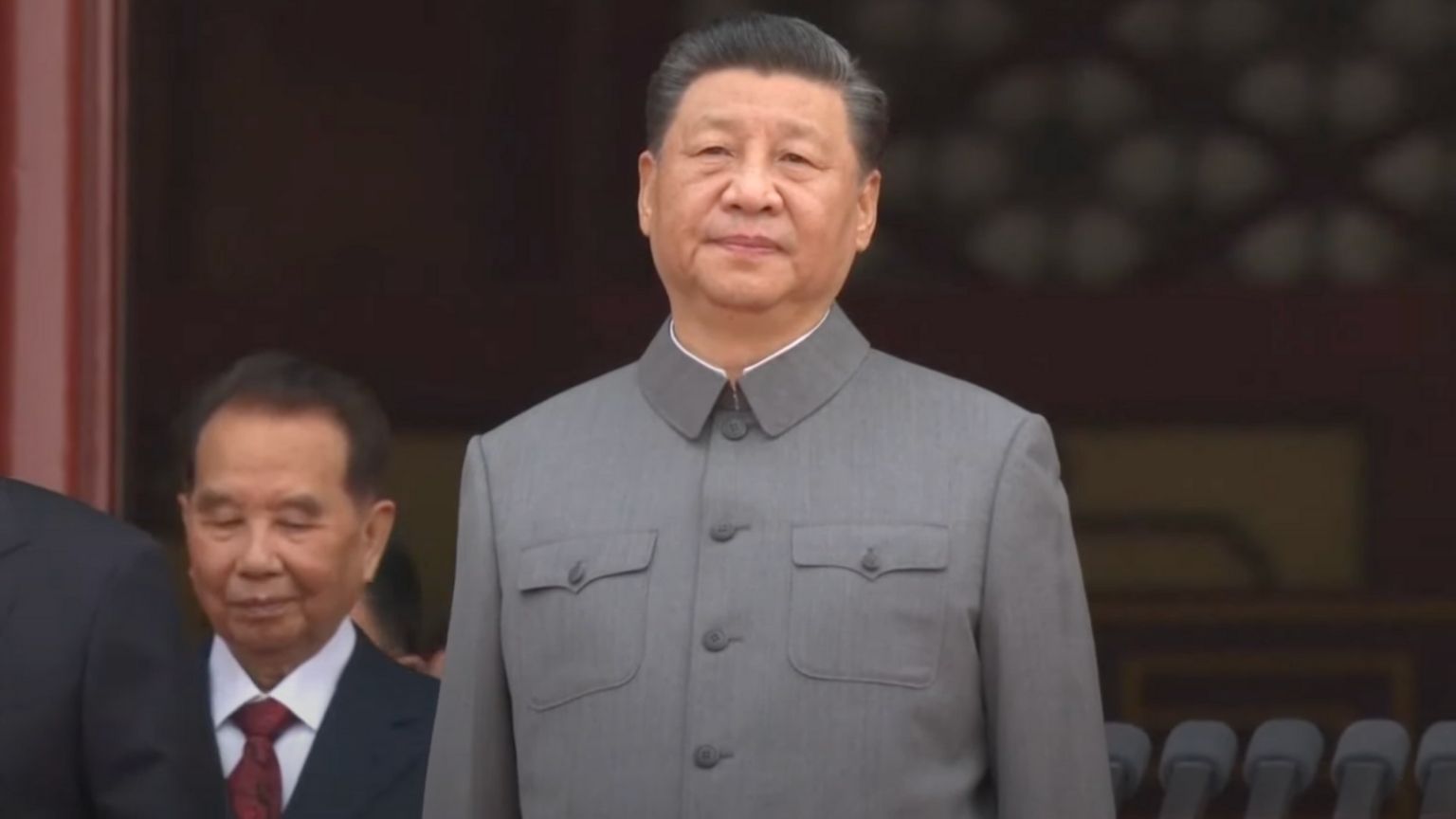Independent journalists are being maligned all over the world. But, while in the West social media platforms have taken it upon themselves to boost mainstream outlets at the expense of independent journalists, in China the suppression of citizen journalists is mandated by the government.
Beijing has tightened restrictions on internet content yet again with a campaign to condemn citizen journalists who counter the mainstream narratives and “misinterpret economic policies and forecast doom and gloom in financial markets.”
Chinese authorities have released a campaign guide aimed at responding to “misinterpretations” of economic policies. It has targeted citizen journalists and platforms that host them in recent campaigns against what it says is “fake news” and the recommendation algorithms that boost it.
The guideline was published by Cyberspace Administration of China (CAC) which aids in the censorship of the country’s internet behind the Great Firewall. It says that citizen journalism has “seriously disrupted the order of information dissemination on the internet.”
This campaign is like another anti-fake news campaign launched by the Propaganda Department earlier this year, and of which the CAC is a part.
As reported on Saturday morning, Tencent Holdings is supporting the new CAC campaign in which they released a statement.
The company’s popular super app, WeChat, encouraged users to report inappropriate content and encouraged content creators to reign in their accusations.
Xinhua News Agency reports that as of early August, the CAC had removed 150,000 pieces of “harmful” content and sanctioned 4,000 associated accounts.
The guidelines call for addressing issues such as misinterpreting financial policies and macroeconomic surveys; and republishing overseas articles that misinterpret China’s financial policies “without judgment.”
This also includes writing fake news and spreading rumors; and publishing negative information to threaten, intimidate, or blackmail relevant stakeholders.
A major purpose of this campaign is to facilitate the growth of “positive” internet environments that direct people’s attention to content the government considers appropriate.
Also, a notable number of authority leaders will participate in the campaign during the first two months, like the Ministry of Finance, the People’s Bank of China, and several others.
In addition, the country’s internet regulator proposed new rules to “regulate algorithm-empowered recommendation activities” which is a vital aspect of how firms like Tencent keep users engaged with their apps.
As of Friday, algorithms will no longer be used in content aggregation, personalized recommendations, or search engine rankings. CAC has also stated that it intends to eliminate manipulative behavior on internet platforms.






















